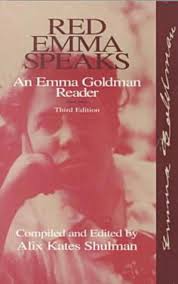The following link below which I have just found today I think goes a good way to help illuminate what Wiesel was trying to do in the play we read, and the vital role that story and drama itself have in helping him (and others) battle with the crisis of faith and the struggle to retain belief that many Jews brought up religiously in Europe like him experienced post-holocaust, (although of course the play is set in the pogroms).
This however below is my take on it:
A notion of G-d who would look after humanity on any level now had to be abandoned. Only humanity can look after humanity as the play implies. We have to take responsibility for ourselves on earth and no notion of G-d will do it in Wiesel’s type of post-holocaust struggle to retain faith when it often looked like G-d had given up on him and his own people!
Even if we do not feel Wiesel does it that well or that accessibly in the genre/ form he chose; that was part of his stated struggle to find a form for his crisis of faith when his faith was rocked by the thought that saving humanity (especially for him in this context the Jews of course) and a notion G-d do not necessarily go together. I feel he also tries to show how art as a shared process itself even a funny little Purim play can help people especially survivors explore their trauma and doubts about God, as well as their sense of community and hope in the sharing of it. The Purim play itself enables them to express their own crisis of faith.
Berish and Mendele, both survivors of their families and communities who still want to contribute to the Purim drama even though it is through expression of doubt, anger and anguish. The main thing is they come together as a group and through their community can explore this now topsy-turvy version of faith and doubt. Mendele and Berish through the genre of the play, can tell their own stories of genocide; Berish talks too much and Mendele has not talked enough yet they are opposite sides of the same coin in expressing faith and doubt post-Holocaust.
By end of play both have told their stories plainly for the first time. The fact it takes so long is the point!
Eve Rubin
www.pbs.org/eliewiesel/life/




